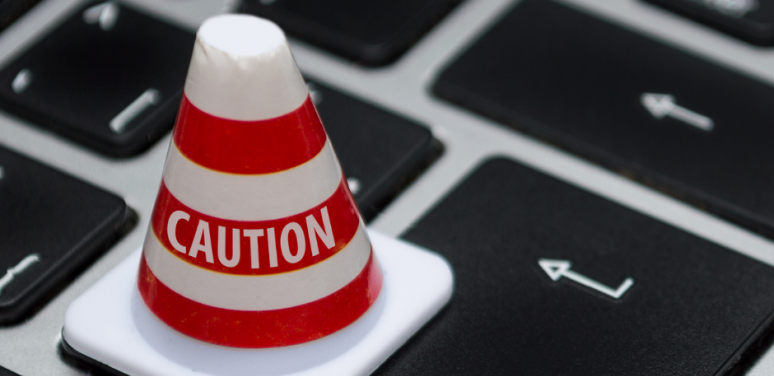COVID-19 Scams - HELP4TN Blog

Natural disasters, such as coronavirus, bring out the best in some people. We’ve seen doctors, nurses, and first responders working tirelessly to help sick patients. We've also seen brave workers delivering goods and ensuring that people can still get their groceries. Unfortunately, natural disasters also create an opportunity for scammers to take advantage of people.
According to state and federal authorities, we should be on the lookout for a number of different types of scams associated with this virus. Some examples include:
-
Scammers pretending to be doctors or hospitals that have treated someone you know for COVID-19 and are demanding payment;
-
Offers of investments in companies that claim they can prevent or cure COVID-19, dramatically increasing the value of their stock;
-
Illegitimate charitable organizations seeking donations;
-
Fake cures, vaccines, tests, or treatments for COVID-19;
-
Offers of goodies from Costco as a part of a stimulus package for the store’s customers;
-
Phishing emails asking people to verify their personal information in order to receive a check from the government.
-
Emails claiming to be from the Center for Disease Control or World Health Organizations.
While you’re doing your best social distancing, remember a few things to make a scammer’s job difficult: Don’t share your logins, passwords, banking information, or other personal information in response to an email. Don’t click on links or download attachments if you don’t recognize the sender. And finally, hang up on robocalls. The Federal Trade Commission also has a number of great tips to help you avoid getting scammed. You can visit their coronavirus scam page here.
If you suspect someone is trying to scam you or someone you know, you can report them through the National Center for Disaster Fraud hotline at 1-866-720-5721 or at disaster@leo.gov.





